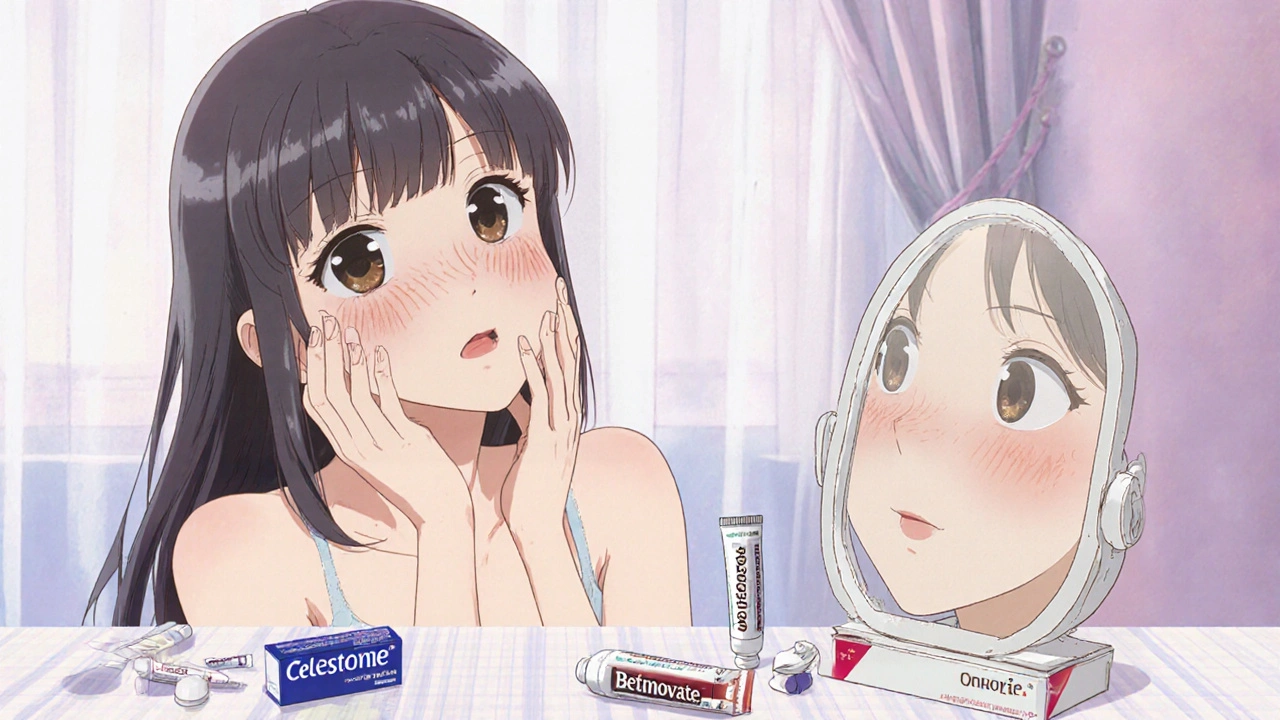Acne: Causes, Treatments, and What Really Works
When you think of acne, a common skin condition caused by clogged pores, oil, bacteria, and inflammation. Also known as acne vulgaris, it affects more than 85% of teens and many adults well into their 30s and 40s. It’s not just a teenage problem—it’s a persistent issue tied to hormones, stress, diet, and even the products you put on your skin.
Topical medications, like benzoyl peroxide, salicylic acid, and retinoids, are the first line of defense for most people. They work by unclogging pores, killing bacteria, and reducing redness. But not all products are created equal. Some over-the-counter creams give quick relief but don’t fix the root cause. Others, like adapalene or tretinoin, take weeks to show results but change how your skin behaves long-term. Then there’s skincare ingredients, like allantoin and niacinamide, which don’t treat acne directly but help your skin recover faster and stay calmer. These are the quiet heroes in your routine—reducing irritation from stronger treatments and helping your skin barrier stay strong.
For some, acne isn’t just about surface-level clogs. Hormonal acne, often appearing around the jawline and chin in cycles, is linked to androgens and insulin resistance. It doesn’t respond well to regular cleansers. That’s where oral medications like spironolactone or low-dose birth control come in—options that target the body from the inside out. But they’re not for everyone, and they need medical supervision.
What you eat, how much you sleep, and even your stress levels can make acne worse. Stress triggers inflammation, which amps up oil production and makes breakouts more likely. Some studies show dairy and high-glycemic foods can worsen breakouts in sensitive people, but there’s no one-size-fits-all diet. The real key? Consistency. Using the right products, at the right time, every day, matters more than switching formulas every week.
There’s no magic cure, but there are proven paths. Whether you’re dealing with occasional zits or stubborn, recurring acne, the solutions exist—you just need to match them to your body. Below, you’ll find real comparisons of treatments, breakdowns of what ingredients actually help, and guides on how to avoid common mistakes that make acne worse. No fluff. No hype. Just what works.
Betamethasone and Acne: Can Steroid Creams Help or Worsen Breakouts?
Betamethasone may seem to calm acne flare-ups, but it actually worsens breakouts by clogging pores and weakening skin defenses. Learn why steroid creams aren't a solution-and what to use instead.
View More
